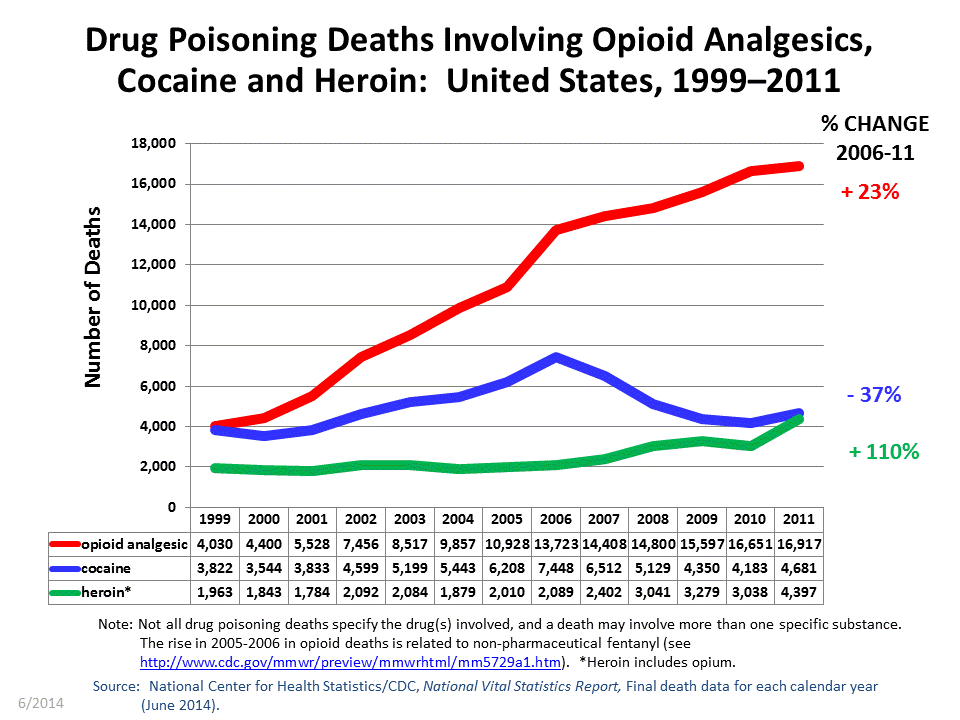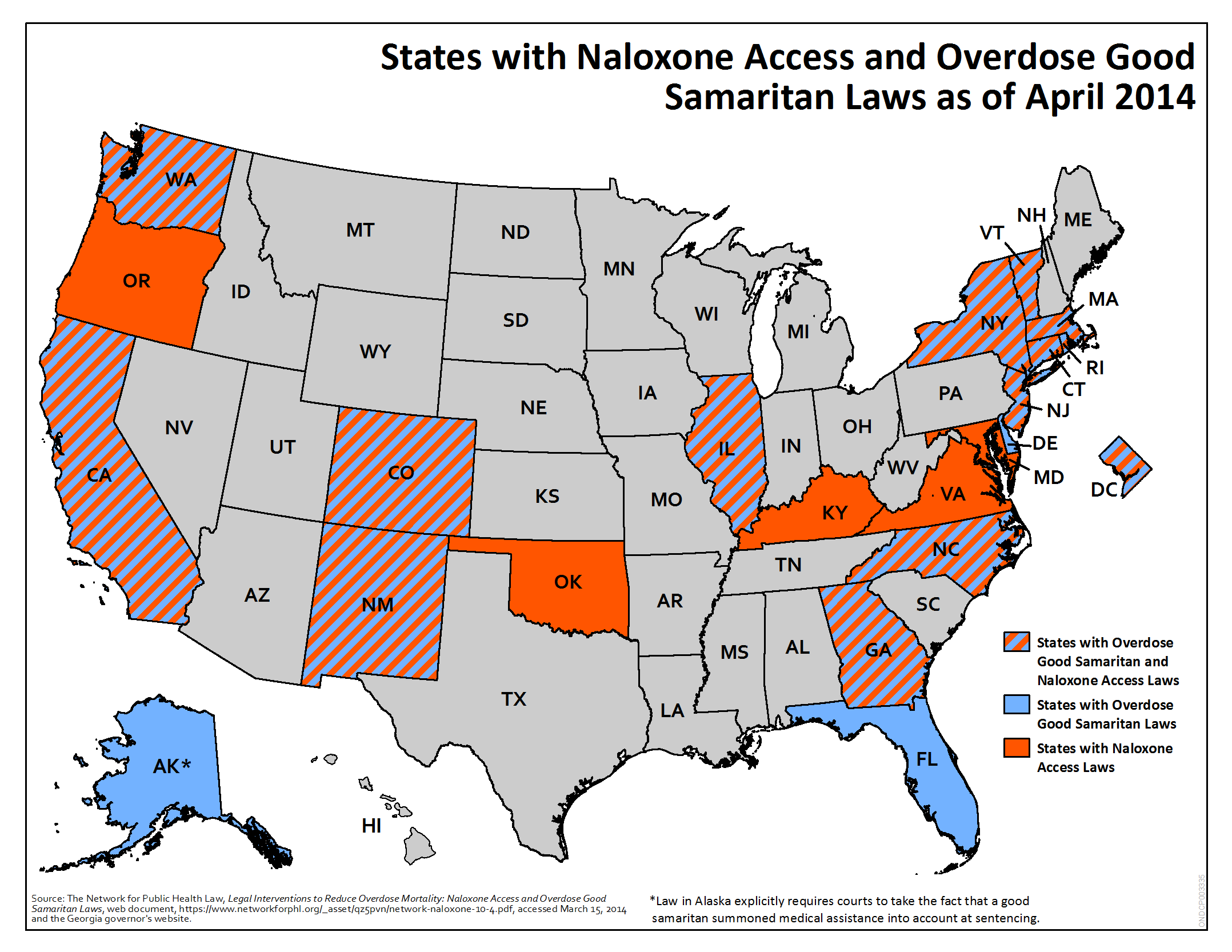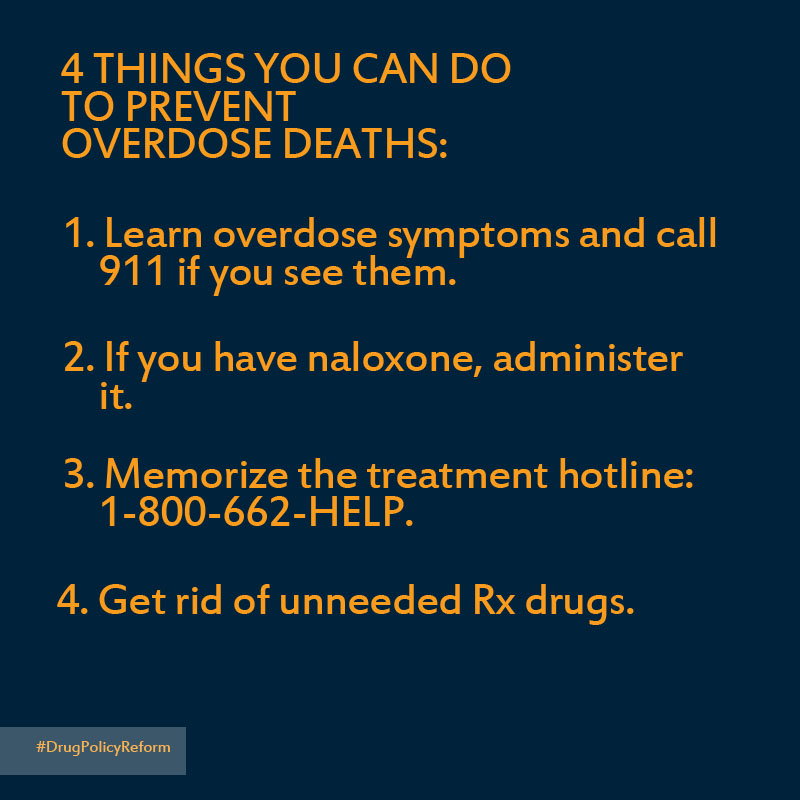
Today, Acting Director Michael Botticelli hosted Attorney General Eric Holder, Vermont Governor Peter Shumlin, Director of National Institute on Drug Abuse Dr. Nora Volkow, and two panels of experts to address the national epidemic of opioid abuse.
The abuse of opioids, a group of drugs that includes heroin and prescription painkillers, has a devastating impact on public health and safety in this country. According to the Centers for Disease Control and Prevention (CDC), approximately 110 Americans, on average, died from drug poisoning every day in 2011.[i] Prescription drugs were involved in more than half of the 41,300 drug poisoning deaths that year, and opioid pain relievers were involved in nearly 17,000 of these deaths.[ii] There were about 4,400 drug poisoning deaths involving heroin. Drug poisoning deaths even outnumbered deaths from gunshot wounds or motor vehicle crashes.[iii]
Corrections to previously published number of deaths involving heroin: 2009 to 2011 should be 3,279, 3,038, and 4,397 respectively (for 2009 and 2010 to include deaths involving opium and a typo for 2011).

In his remarks, Attorney General Holder underscored the important role that law enforcement professionals play not only in reducing drug-related crime, but preventing overdose. Often, police officers are the first responders at the scene of an overdose, and their decisive action can mean the difference between life and death for an overdose victim.
We join the Attorney General in encouraging first responders to carry the overdose-reversal drug naloxone. When administered quickly and effectively, naloxone immediately restores breathing to a victim in the throes of an opioid overdose. Used in concert with “Good Samaritan” laws, which grant immunity from criminal prosecution to those seeking medical help for someone experiencing an overdose, naloxone can save lives. The map below shows which states currently have laws which increase access to naloxone and encourage witnesses to an overdose to call 911:

Governor Shumlin, who previously dedicated his entire State of the State address to the opioid crisis in Vermont, outlined the steps his administration is taking to prevent and treat substance use disorders.
Dr. Nora Volkow provided an overview of the groundbreaking advances we’ve made over the past several decades in the study of addiction – a progressive disease of the brain that can be prevented, treated and recovered from. Watch her discuss the disease of addiction:
The opioid epidemic has already brought heartbreak to too many families across the country – but we’re not powerless to stop it. You can help – right now – by spreading the word about how to save a life and where to seek treatment.

Missed the summit? Watch videos of the summit here:
Rx Drug and Heroin Epidemic in the States
Presentations:
Robert Morrison
Executive Director, National Association of State Alcohol and Drug Abuse Directors (NASADAD)
Panel I - Prevention, Intervention and Treatment
Presentations:
Dr. Hillary Kunins
Acting Executive Deputy Commissioner, Division of Mental Hygiene, Assisting Commissioner for the Bureau of Alcohol and Drug Use, New York City Department of Health and Mental Hygiene (DOHMH)
Dr. Traci Green
Assistant Professor of Emergency Medicine and Epidemiology, Brown University
Dr. Josh Sharfstein
Secretary, Maryland Department of Health and Mental Hygiene
Panel II: Overdose and Infectious Disease Prevention
Presentations:
Nancy Hale
Program Director, Operation UNITE
Dr. Michelle Lofwall
Associate Professor, Departments of Psychiatry and Behavioral Science, Center on Drug and Alcohol Research, University of Kentucky College of Medicine
Dr. Ed Bernstein
Professor and Vice Chair for Academic Affairs, Emergency Medicine, Boston University School of Medicine
[i] National Center for Health Statistics/CDC, National Vital Statistics Report, Final death data for each calendar year (June 2014)..
[ii] National Center for Health Statistics/CDC, National Vital Statistics Report, Final death data for each calendar year (June 2014)..
[iii] National Center for Health Statistics/CDC, National Vital Statistics Report, Final death data for each calendar year (June 2014).





